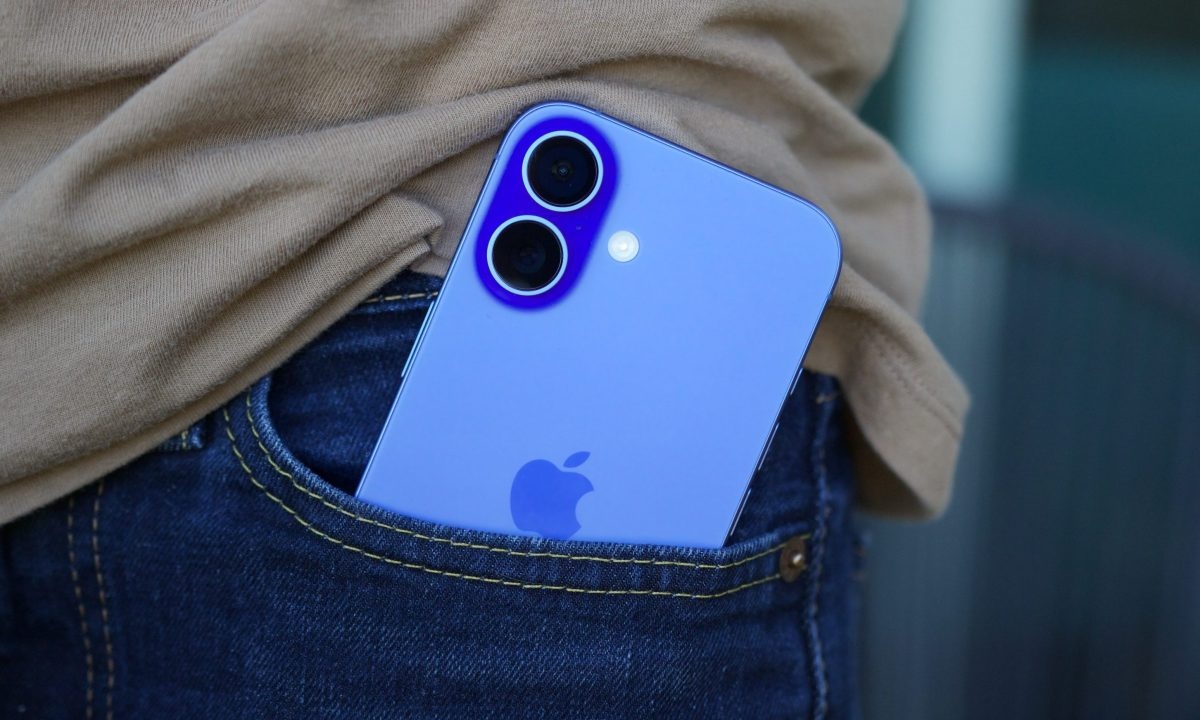 |
The Washington Post reports that an iPhone theft victim named Michael Mathews has filed a lawsuit against Apple in the US District Court for the Northern District of California. He is demanding access to all 2TB of data. This is his entire “digital life,” including his family’s data, he writes. Along with that, he is seeking at least $5 million in damages.
According to the lawsuit, Mathews lost his iPhone in Scottsdale, Arizona. Just weeks earlier, another victim, Robin Davis, had been in a similar situation in New York.
Davis was drugged, her iPhone password stolen, and her device snatched from her hands by a man posing as a nightclub employee as she was about to get into an Uber. The financial damage from the thief using her credit card was only part of the story.
What makes Davis even more painful is that she can't get back important files like contacts, wedding photos, work data, and other personal information. In addition to the thief's actions, she's also angry that Apple refused to help her restore access to her own account.
Victim accuses Apple of aiding criminals
As a corporation with a market capitalization of nearly 3,000 billion USD , Apple has always been committed to protecting user privacy and data as an inviolable principle, even when pressured by law enforcement agencies.
But some victims find that the security tools designed to protect them are being exploited by bad guys and become barriers to accessing their personal data. When an iPhone is stolen, tech-savvy people can quickly lock the owner out of their Apple account, making it difficult to recover precious files and photos.
In an ongoing lawsuit in California, Michael Mathews said he lost access to photos, music, tax returns and work-related research documents. He claims his company was forced to shut down completely as a result of the incident.
“Despite Mathews’ ability to provide ample and irrefutable evidence that the accounts and data in the Apple account were his, Apple refused to reset the recovery key or allow Mathews to access the accounts and data, thereby abetting the criminals to continue their illegal activities,” the lawsuit states.
The company did not comment on the lawsuit. In a statement to the Washington Post , the company said: “We sympathize with those who have experienced this, and we take any attacks on our users, no matter how rare, very seriously.”
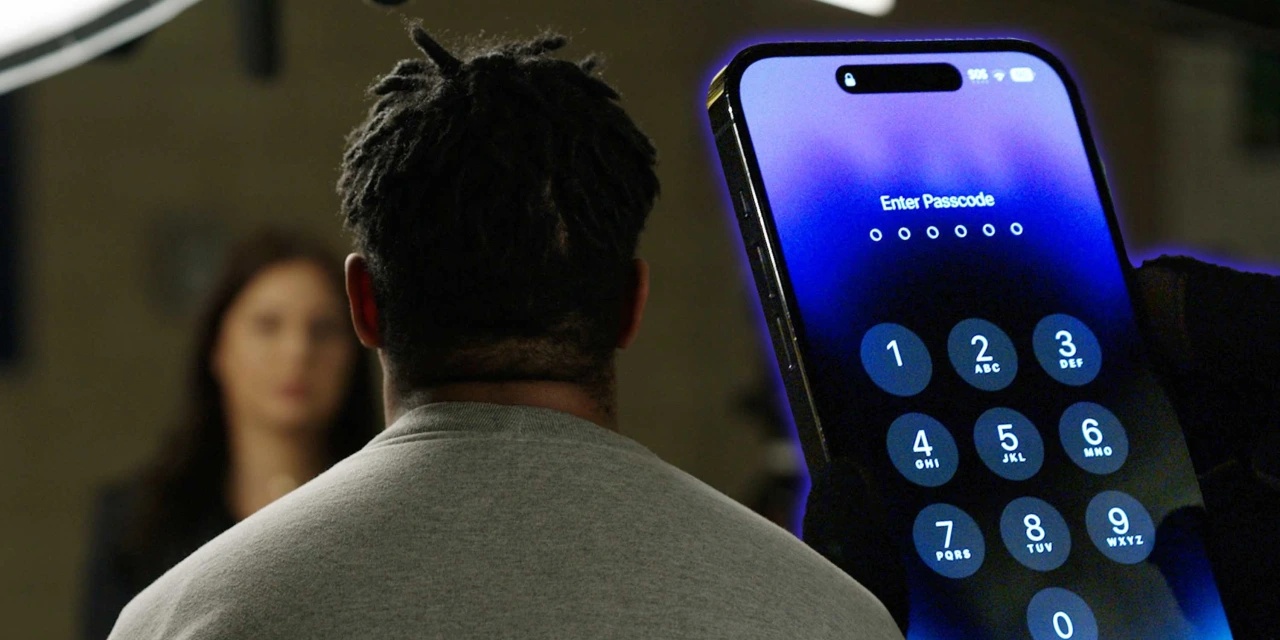 |
Victims of stolen iPhones question what Apple is basing its right to keep users' data and not return it. Photo: WSJ. |
However, Mathews' attorney, K. Jon Breyer, questioned: "Apple does not own that data, so why do they have the right to keep it and not return it to the user? That is something they have never answered." The lawsuit is currently entering the evidence-finding phase, expected to last at least 6-8 months before an official trial.
Security features become barriers when users lose their phones
According to the Washington Post , iPhones have long been a lucrative target for thieves. When thieves know the device's unlock code, as in Davis' case, they can access Apple accounts, change passwords, and even generate new recovery keys, a 28-character string of code designed to help users regain access to their accounts if they are hijacked.
The problem is that creating a new recovery key (whether created by the user or a thief) will disable the entire normal account recovery process. On its support page, the company clearly states: “If you lose access to your account and don’t have a recovery key, you will be permanently locked out.”
Once locked, all of the data in iCloud, such as photos, notes, voice memos, etc., remains encrypted in the cloud. In some cases, the company holds the decryption key. However, if the user has “Advanced Data Protection” enabled, the company cannot access the data at all. But in Mathews’ case, the feature was not enabled, meaning Apple could access it.
“Apple never told us they couldn’t recover the data,” attorney Breyer stressed.
Apple’s account recovery process has also been criticized. According to the company, users should turn off all devices associated with the account during the process. If the account is still in use, even by a thief, the recovery request will be automatically canceled.
Apple said it “works tirelessly every day to protect user accounts and data, and has added new security features like Stolen Device Protection, which helps keep accounts and personal information safe in the event of a stolen iPhone.”
Theft Protection was built into iOS in January 2024. It requires Face ID or Touch ID authentication to access passwords and credit cards, and it delays changing your Apple ID password. However, it’s not enabled by default and isn’t often mentioned during iPhone setup, so many people don’t know it exists.
Outrage over Apple's indifference
According to security experts, account recovery is entirely possible. “Since users have to provide a lot of information to register for an Apple account, they could very well be asked to submit a police report proving that the phone was stolen. I find it strange that Apple has not explained why they are refusing,” said Lorrie Cranor, director of the CyLab Institute for Security and Privacy at Carnegie Mellon University.
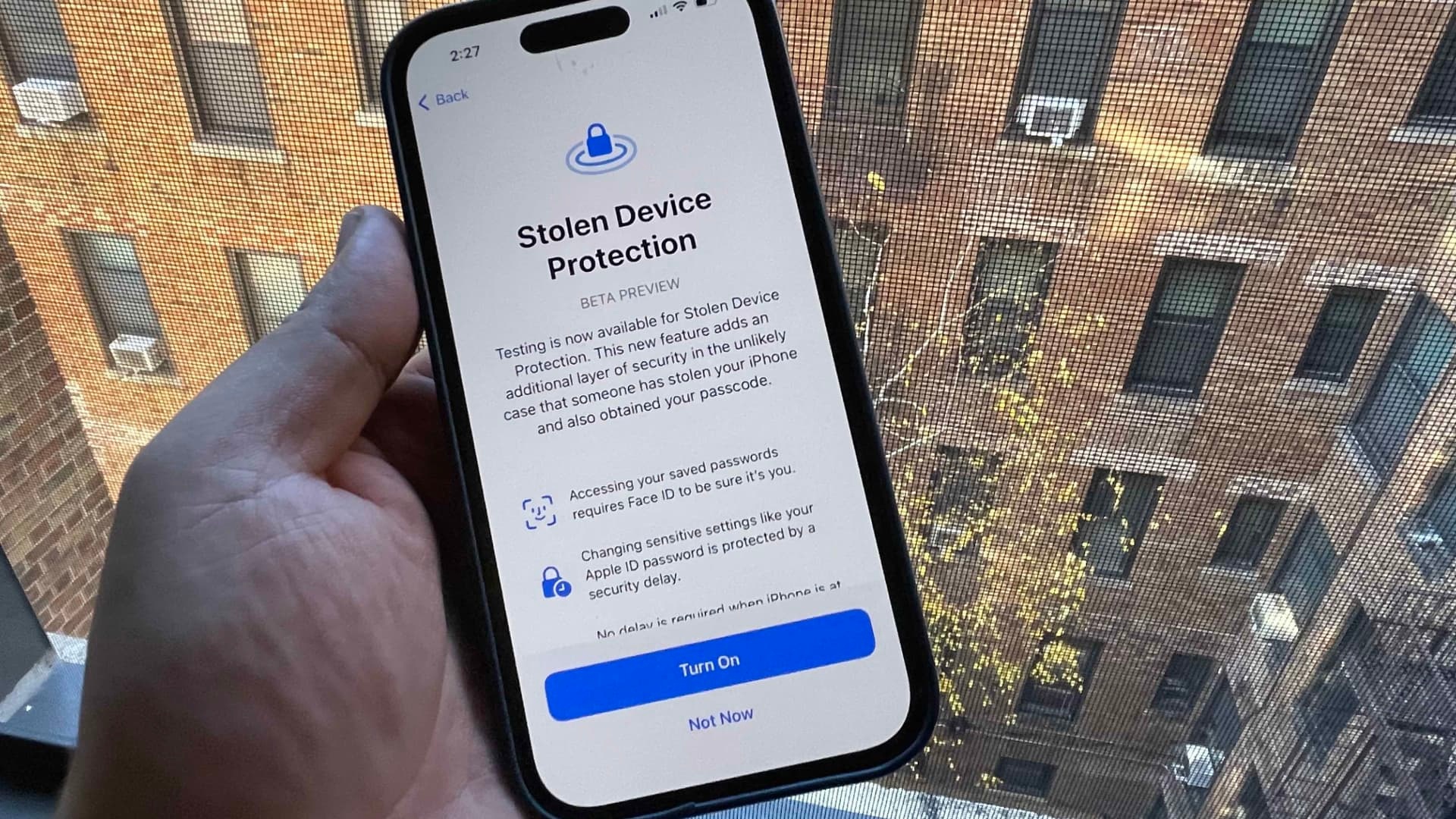 |
The iPhone's theft protection feature is a double-edged sword. Photo: CNBC. |
Mathews’ case is becoming a catalyst for other victims. Breyer said his firm has taken on 10 new clients with similar cases.
Some people had never heard of the lawsuit. But when they heard about it, they immediately hoped Apple would be forced to change its policies. Eli Munk, 30, of New York, said his iPhone was stolen while he was celebrating a friend’s birthday. While some fraudulent transactions were refunded, hundreds of dollars in his sports betting account were lost forever.
What makes him sadder is that years of high school photos are gone forever because of the recovery key. Currently, he has switched to using a Google Pixel phone.
“It seems like Apple doesn’t care. That’s the most painful thing,” Munk said.
Source: https://znews.vn/mat-cap-iphone-nhieu-nan-nhan-kien-nguoc-apple-post1547691.html




![[Photo] General Secretary To Lam holds a brief meeting with Russian President Vladimir Putin](https://vphoto.vietnam.vn/thumb/1200x675/vietnam/resource/IMAGE/2025/5/10/bfaa3ffbc920467893367c80b68984c6)
![[Photo] Prime Minister Pham Minh Chinh chairs a meeting of the Steering Committee for key projects in the transport sector.](https://vphoto.vietnam.vn/thumb/1200x675/vietnam/resource/IMAGE/2025/5/10/0f4a774f29ce4699b015316413a1d09e)


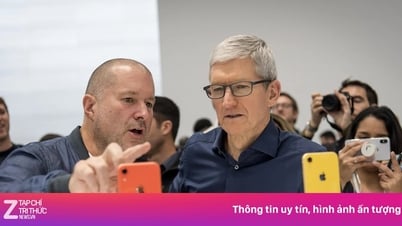
































































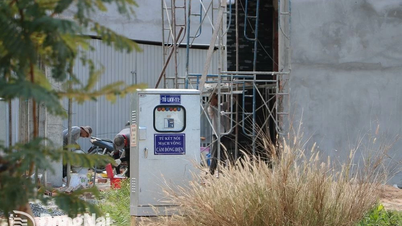
















Comment (0)